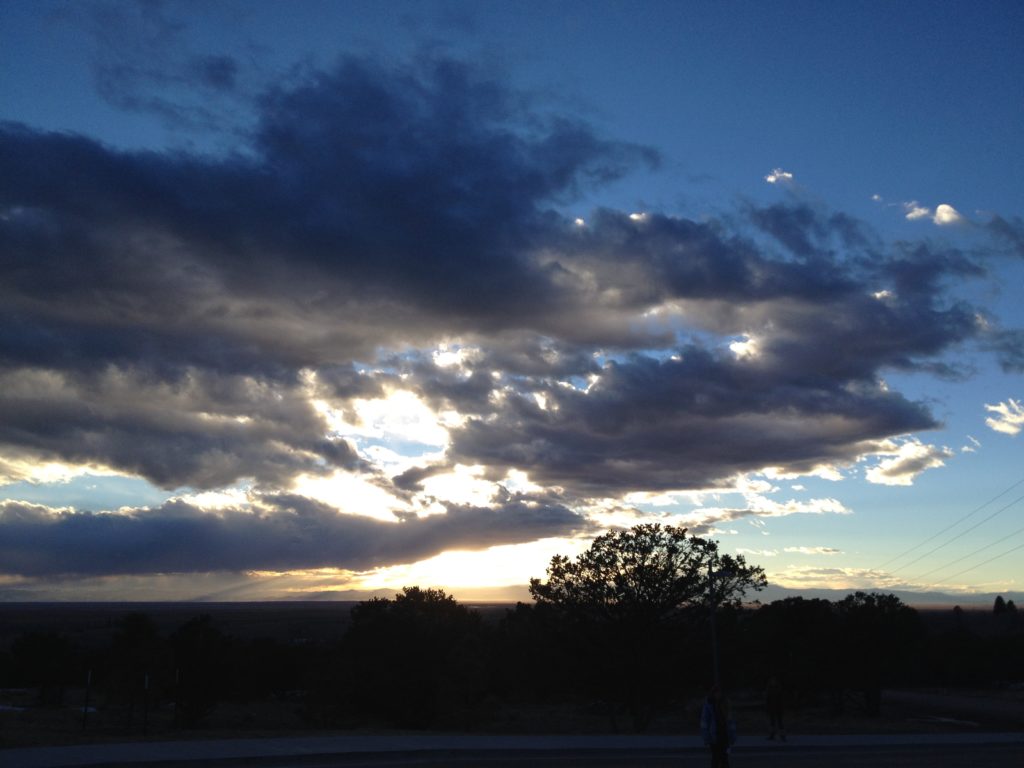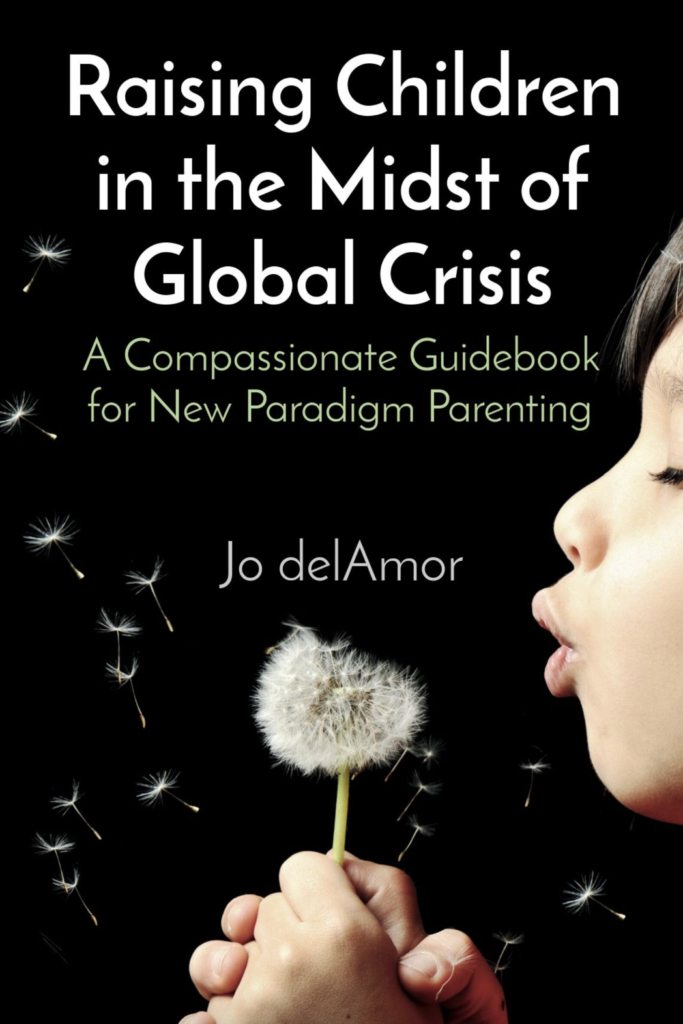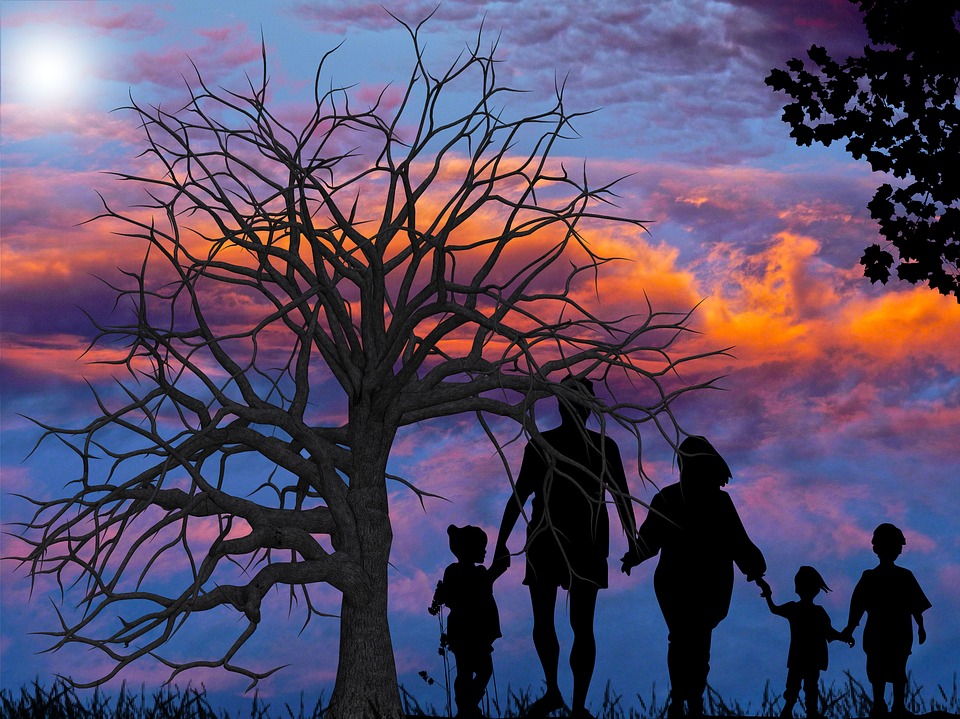When I saw the lineup of guest teachers for the Speak the Spark course I was immediately in. Ten of the most brilliant thinkers and radical, change-making storytellers of our times were scheduled to walk us through this journey of exploring sacred storytelling for a new paradigm. The first among them, and one of the ones that really drew me in, was Charles Eisenstein. I’ve been following his work for years, have read a couple of his books and have always appreciated the way he challenges the stories that form the basis of our society. (I call these stories our “cultural assumptions” and explored outing them in this blog post.)
In his book, The More Beautiful World Our Hearts Know Is Possible, he identifies the root story of modern Western society as being “The Story of Separation.” He explains that this idea of separation is a shared belief and assumption. Not an absolute truth. And yet, it is the premise on which our entire society is built. It’s the underpinning of our economy, our forms of government, the way we conduct our personal lives and how we form our opinions. It is the story from which all the other stories grow.
He explains that the Story of Separation is beginning to fall apart. It’s not as robust as it once was. It is showing its weaknesses and its hypocrisies in ways that can no longer be hidden. And he paints a picture of the next story, yet to fully unfold…The Story of Interbeing. He says that we are currently between stories, as one falls away and the other comes into form. Here, in this in between space, he met with our class by video conference to discuss the power and nuance of story as it lives and breathes among us and creates the reality in which we live.

Yes, stories live. And breathe and grow and change. And they speak. And they shape our consciousness as they are told and carried.
He advised us to listen. To attune our ears and our beings to hear what the stories in our lives are and to pay attention to the purpose they serve in being told. He encouraged us to listen to all the stories. The stories of the human beings we agree with and the ones we don’t agree with. And to the stories of non-humans, as well. To intentionally expand our listening heart and grow the awareness that everything is communicating all the time…and there may be a lot to learn.
Typically, he said, we are insulated by our stories. We believe them so fool-heartedly that contrary facts and information don’t even register with us. We have a kind of psychological immunity to evidence that contradicts our core stories.
When we surround ourselves with more and more stories that affirm and strengthen the stories we already believe we become rigid and polarized against others who are doing a similar thing with an opposing story. This is the condition that is generated by our social media logarithms and the U.S. political system (and many others around the globe)
In the case of polarization he suggests to ask ourselves…
“What do both sides secretly agree on?”
This question begins to give some clues about the cultural assumptions that both sides may share, often revealing avenues for resolution or, perhaps, even exposing the real root of the conflict itself.
In the debate about climate change what does everyone agree on? That global temperatures are the primary indication of planetary health.
Charles challenged this assumption during our class and has actually recently released an entire book on the topic, entitled Climate: A New Story.
He has come to the belief that the biggest threat to the Earth is not necessarily rising global temperatures, but the loss of species and significant depletion of biodiversity, etc. that results from the Story of Separation to which we are so deeply conditioned.
Everyone from the climate deniers to the mainstream environmentalists and scientists have been conditioned to this Story of Separation. The conversation around climate change often assumes the world is a geo-mechanical object and that human beings are separate from “it”. Even the global officials who are most passionate about saving the world from climate disaster seem to be saying that we can fix the problem if we just tinker with the carbon ratios quickly enough (like it’s a Diesel engine or something). This thinking keeps us locked into the problem.
The problem is that we have forgotten how to listen to the Story of the Earth Herself. We have forgotten how to listen to the Story of Life. And we have forgotten how to express the Story of our Love for Life. As human beings we have an innate love for life, in all its many expressions. The awe and wonder and joy that are natural in all children is evidence of this. But the dominant story we’re living within short circuits this innate love and recognition in order to justify the atrocities that make up the practices of industrialized society.
Even in the environmentalist version of the mainstream story human beings are separate from the rest of the world. This view keeps the argument in the zone of geo-mechanical tinkering and/or changing our fuel source. It gives us an excuse to continue Business As Usual while we argue and strategize. It keeps us away from really examining what is going on within our living interrelationship with all of Life. It keeps us from challenging the foundational story that upholds our separate egoic selves.
Additionally, in this version of the story of climate change humans are the bad guys. Unequivocally. We are the ones that ruined the planet. And with that heaping serving of shame there is essentially no viable place for us to live into the future of that story as egoic separate selves.
However, the new story that is being birthed…The Story of Interbeing or the Story of the Living Sentient Planet…guides us to remember that the planet is alive and every being that is a part of the body of the planet requires care and respect, including us! This is a story of love and caring for Life. This is a story that could inform and guide our choices as it replaces the Story of Separation. It is a story that could empower us to contribute to healing and regeneration.
What story do you want to run toward? Which one do you want to run from?
Charles expressed that it’s ok to follow where our care calls us. Perhaps, even, that that is what is needed most. He said that the problems and their solutions are way beyond the modern reductionist understanding of causality. Environmental health and social health are interrelated and Love and care are essential for the wellbeing of all.
Personal Caveat: This is my hugely oversimplified summary of the very rich concepts he lays out in his books and in our class. If you’re intrigued or want to dig in deeper I highly recommend reading the books mentioned in this article: The More Beautiful World Our Hearts Know Is Possible and Climate: A New Story. I also highly recommend Sacred Economics.



